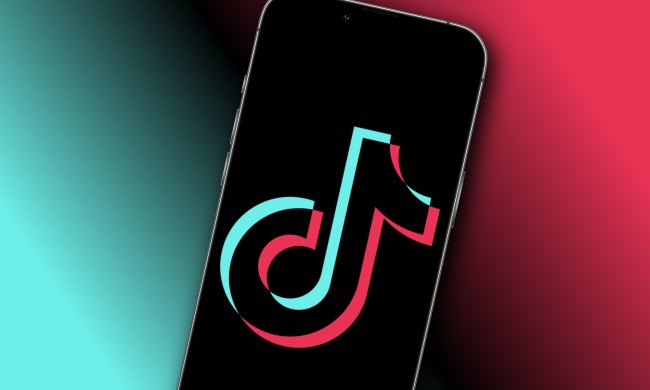In recent years, the U.K. and the EU have introduced new regulations and initiatives to safeguard young individuals from the potential harms associated with beauty filters. In response to these developments, TikTok has announced new rules designed to enhance protection for users aged 13 to 18.
According to a report from The Guardian, TikTok will soon implement restrictions on beauty filters for this age group. These restrictions will remove features that allow users to significantly alter their appearance, such as enlarging their eyes, plumping their lips, or changing their skin tone. Filters that drastically modify facial features, like the Bold Glamour filter, will now be prohibited. Conversely, more playful filters, such as those that add bunny ears or dog noses, will still be allowed.
These changes were unveiled during a safety forum in Dublin, Ireland. In the U.K., the government recently implemented the Online Safety Bill, which requires social media platforms to identify new methods of protecting children from harmful content, including promoting unrealistic beauty standards through filters.

Similarly, the EU enacted the Digital Services Act in 2022, which imposes comparable restrictions. This legislation emphasizes a need for platforms to enhance transparency regarding their algorithms and affords users greater control over their content. These measures may contribute to a heightened awareness of filter usage and its potential effects on users.
In addition to restricting access to certain beauty filters for younger users, TikTok is also taking steps to prevent users under 13 from accessing the platform in Britain. This initiative includes employing machine learning technology to identify and prevent users from bypassing age restrictions.
According to Chloe Setter, TikTok’s lead on child safety public policy, “We’re hoping that this will give us the ability to detect and remove more and more quickly.”
Additionally, people who are wrongly blocked will be able to appeal. TikTok’s new rules aren’t just for the EU and U.K.; they are also going live worldwide in the coming weeks.
In recent years, beauty filters on social media platforms have sparked significant discussions about self-perception, beauty standards, and mental health, especially among young users. Studies published by Psychology Today and others have shown that frequent exposure to altered images can distort a child’s understanding of beauty. This distortion often leads to dissatisfaction with their natural appearance and a desire to resemble the filtered images they encounter online.
Further, research from the Child Mind Institute indicates that constant exposure to enhanced beauty photos can lead to various mental health problems in children and teens, including anxiety, depression, and low self-esteem.
In June, Dr. Vivek H. Murthy, the outgoing U.S. surgeon general, stated that social media is unhealthy and should be regulated, similar to how tobacco products were regulated decades ago.
Any assistance, short of deleting their online accounts, that parents can get to better protect their children from the harmful effects of being online is beneficial.
TikTok can be downloaded on many platforms, including iOS and Android. It can be used on devices like the iPhone 16 and Google Pixel 9.



